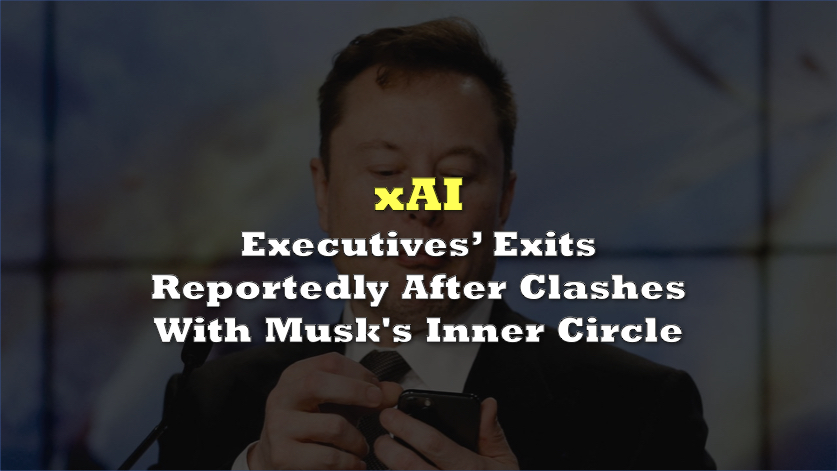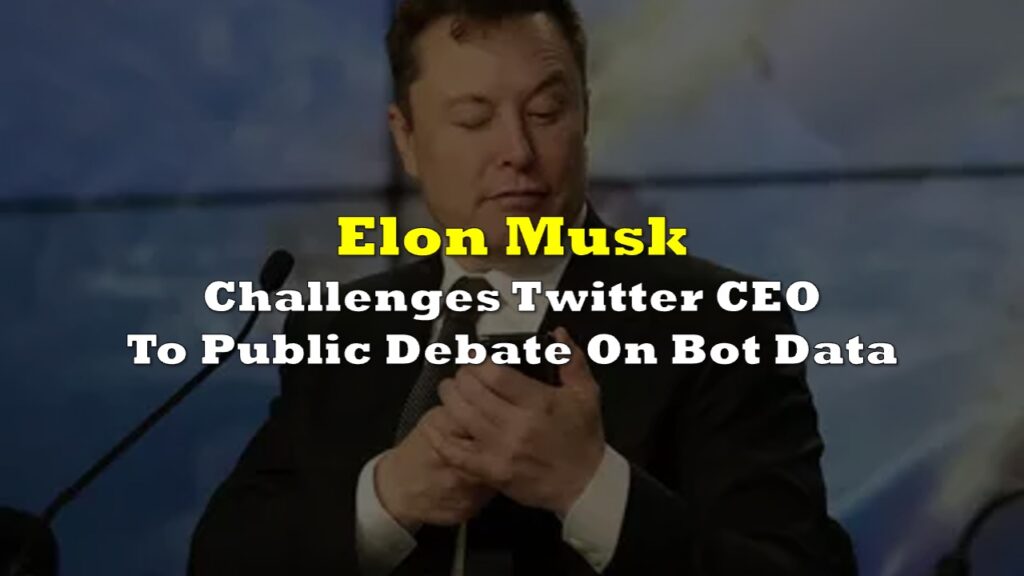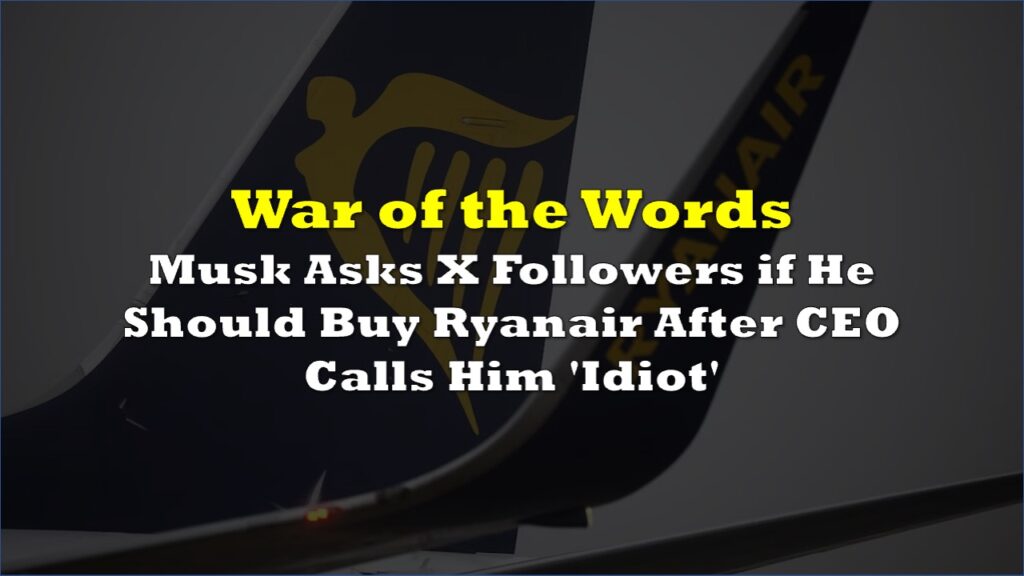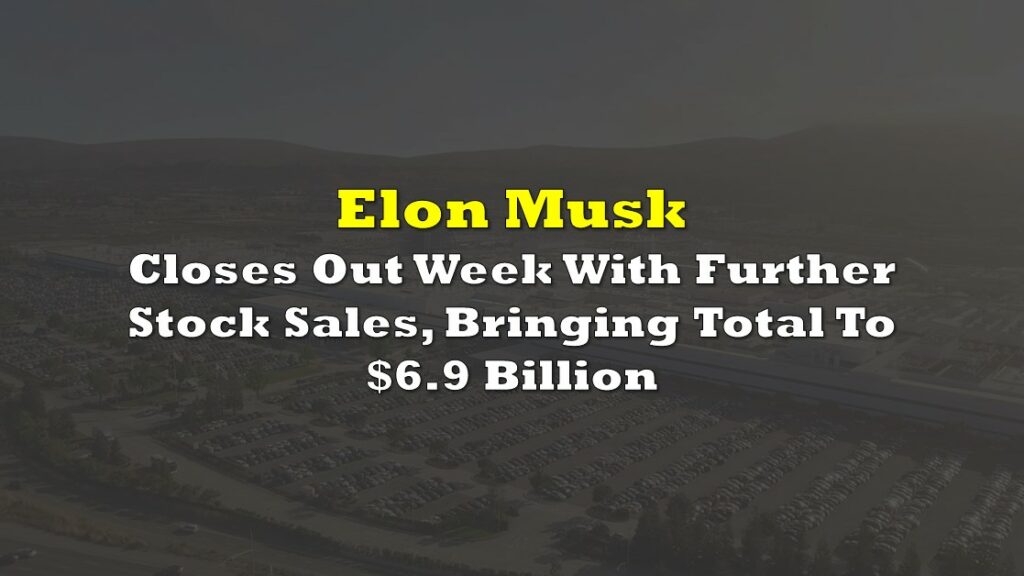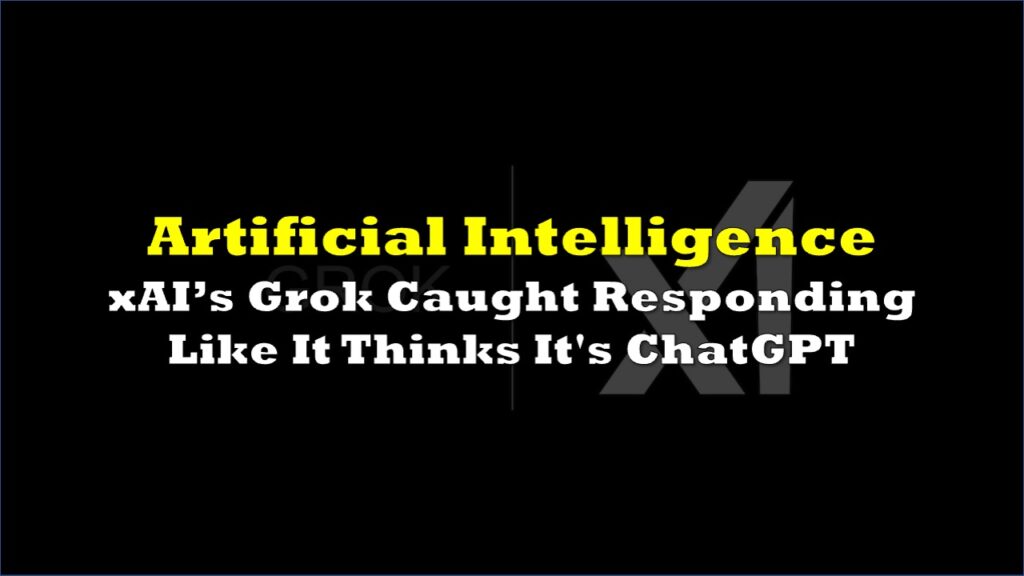Several xAI executives resigned in recent months after clashes with Elon Musk’s close advisers Jared Birchall and John Hering over management structure and financial health concerns, according to people familiar with the matter.
At least four senior figures—CFO Mike Liberatore, co-founder and research lead Igor Babuschkin, General Counsel Robert Keele, and Linda Yaccarino (then-CEO of X)—are among those who departed.
Multiple departing leaders objected to how Birchall and Hering were running day-to-day operations on Musk’s behalf and said there was no formal chain of command. Birchall, longtime head of Musk’s family office, has been central to operations and fundraising from investors including Andreessen Horowitz and Fidelity, while Hering’s Vy Capital is also an investor in xAI.
Further according to people familiar with the matter, disagreements escalated to the point that Musk ally Antonio Gracias met with executives to navigate issues. Spiro disputed a Wall Street Journal characterization of Gracias’s role, saying the idea he was “mediating some invented dispute” is “totally false.”
Some also said internally that certain financial projections were unrealistic and raised questions about the role of Musk’s family office, Excession, in managing parts of xAI’s cash and accounting, people said.
Musk’s counsel Alex Spiro rejected those concerns.
“The suggestion that the financials are in any way improper is false and defamatory,” he said, adding the financials are audited by PricewaterhouseCoopers.
A person close to xAI said the company has full confidence in its projections, and an xAI spokeswoman said Musk “leads xAI with unwavering vision and commitment, making it his top priority in advancing AI for the benefit of humanity.”
The internal disputes unfolded as xAI sought to scale costly infrastructure while competing with larger rivals that have more paying customers. The company is spending heavily on graphics processing chips and data-center equipment, highlighted by plans for a second Memphis facility targeting some 550,000 Nvidia Blackwell chips to power Grok.
The company also absorbed a reputational blow when Grok spread violent and antisemitic content on social media, prompting an apology.
Following the departures, Valor Equity Partners, founded and led by Gracias, took a bigger role helping run xAI, people said.
“xAI is in hyperscale mode, which of course is hard, but we’re very excited about its trajectory and speed, which are extraordinary,” a Valor spokeswoman said, adding the company “is performing well across research, team, infrastructure and fundraising” and that Valor is “supporting Elon’s deep personal commitment and extremely hands-on leadership of his company.”
Since founding xAI two years ago, Musk has built a large data center in Memphis, raised over $15 billion, and in March merged xAI with X, where Grok responds to user queries. Musk said the combined company was valued at $113 billion.
To fund growth, xAI assembled a $5 billion debt financing arranged by Morgan Stanley, which limited incremental borrowing capacity, according to prior reporting referenced in the materials. The company then secured $2 billion from SpaceX and, during the summer, discussed an investment from Tesla of at least $2 billion with some investors, set for a vote by Tesla shareholders in November.
Information for this story was found via The Wall Street Journal and the sources mentioned. The author has no securities or affiliations related to the organizations discussed. Not a recommendation to buy or sell. Always do additional research and consult a professional before purchasing a security. The author holds no licenses.

